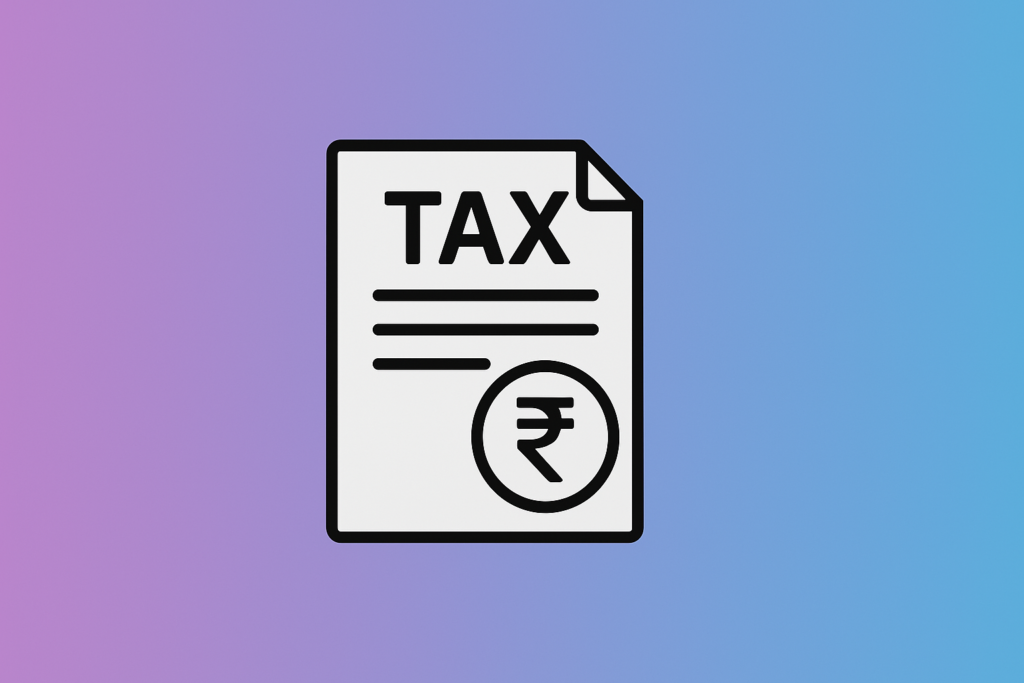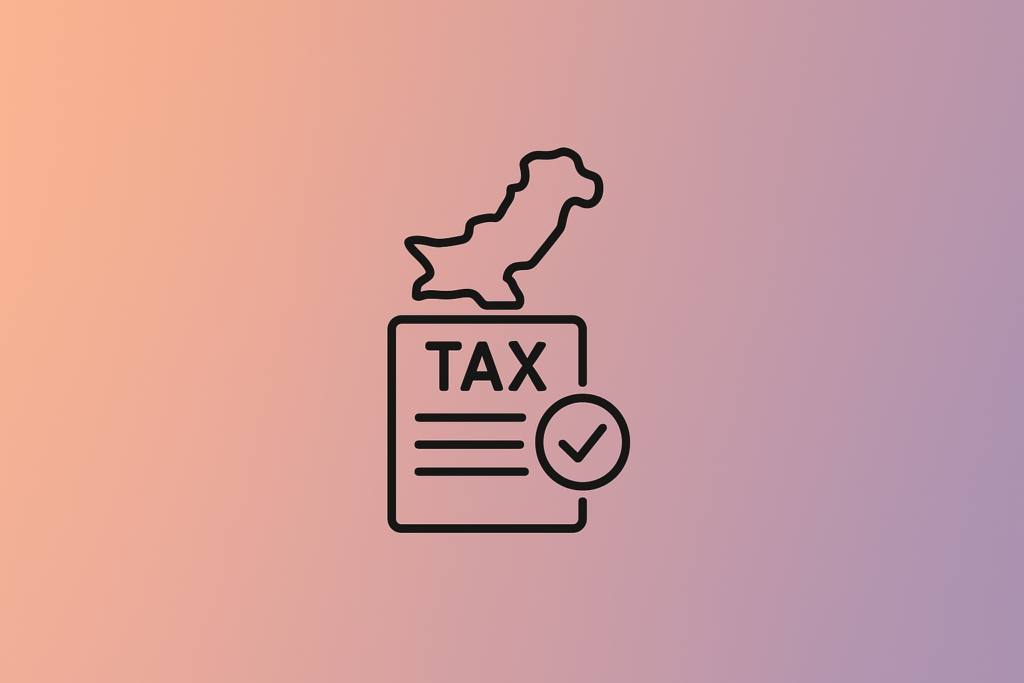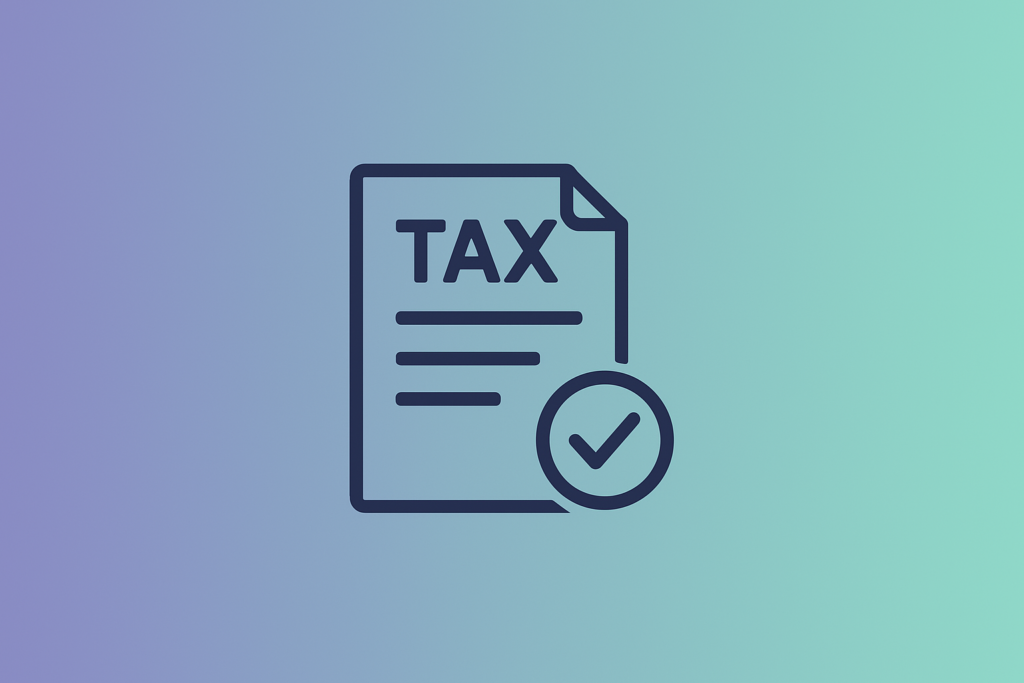Hi, I’m Shahzad Ahmad Mirza — a professional legal tax advisor and digital business coach.
If you’ve ever hesitated to file your tax return in Pakistan, or asked yourself, “Why should I become a filer anyway?”, this article is for you.
Let me be honest with you: filing taxes in Pakistan is not just a legal obligation — it’s a powerful move toward financial credibility, long-term wealth, and peace of mind.
Over the years, I’ve guided salaried individuals, freelancers, business owners, and investors through the tax system, and I’ve seen how life changes once someone is on the Active Taxpayer List (ATL).
It’s not about giving money away. It’s about unlocking privileges and protection.
Let me show you exactly what those benefits look like.
1. Reduced Withholding Taxes on Everyday Transactions
This is the most obvious benefit — and one that affects your wallet immediately.
If you’re not on the ATL, you’re penalized with higher tax rates on a range of transactions:
| Transaction | Filer Rate | Non-Filer Rate |
|---|---|---|
| Bank withdrawals (over Rs. 50,000/day) | 0.3% | 0.6% |
| Car registration (1000cc) | Rs. 10,000 | Rs. 30,000 |
| Property purchase (over Rs. 5M) | 3% | 7% |
| Dividend income | 15% | 25% |
| Cash prizes and prize bonds | 15% | 30% |
These are just a few examples.
Now imagine this: you’re paying 2x more than you need to — not because you’re earning more, but because you haven’t filed a return. That’s money out of your pocket every single year.
Becoming a filer reduces these taxes — permanently.
You can verify current rates using FBR’s official withholding tax schedule.
2. Eligibility to Claim Tax Refunds
If your bank, employer, or platform (like Payoneer or a contractor) deducts tax at the source — and you end up paying more than your actual liability — you’re entitled to a refund.
But here’s the catch: only filers can claim tax refunds.
Let’s say Rs. 80,000 in tax is deducted across your bank withdrawals, electricity bills, and freelance earnings. But when you calculate your actual tax due, it comes to Rs. 50,000.
That’s Rs. 30,000 that should come back to you — but if you don’t file, you lose it. Simple as that.
To get your refund:
- File your tax return via IRIS
- Match your deductions in the Payments/Deductions tab
- Apply for a refund claim under Section 170
I’ve helped clients claim over Rs. 400,000 in refunds just by filing properly — and that money went straight into their accounts.
3. Access to Business and Personal Financing
If you’re thinking about applying for a business loan, buying a car on lease, or getting a mortgage — being a filer gives you a huge advantage.
Banks look at your:
- Income proof
- Tax return
- ATL status
- Wealth statement
If you’ve filed your returns and are on ATL, your credibility as a borrower goes way up. You’re now:
- Eligible for higher loan limits
- More likely to be approved
- Less likely to be asked for extra guarantees
For small business owners or freelancers — this is a game-changer.
And if you’re applying for a startup grant, government subsidy, or an import/export license, most agencies now require filer status.
4. Clean Legal Profile & Audit Protection
Let me tell you what happens when someone who hasn’t filed a return shows up on FBR’s radar:
- They buy property worth Rs. 20 million
- They receive frequent foreign remittances
- They’ve got a decent lifestyle
But no return has ever been filed.
What do you think happens? 🚨
They get flagged. Audited. Or slapped with a notice under Section 114(4) or 122(5A). They could even get penalized under Section 182.
Now compare that with someone who:
- Declares income
- Files a proper wealth statement
- Pays their fair share
They may never hear from FBR. Because they’re transparent. They’re compliant.
Being a filer gives you legal security. It creates a paper trail of credibility.
5. Visa Applications and Proof of Financial Strength
Planning to travel abroad?
Embassies, consulates, and even immigration services often ask for proof of income and tax compliance.
Your income tax return and ATL status serve as:
- Verified proof of earnings
- A strong financial identity
- Confirmation of clean standing with local tax authorities
I’ve personally helped clients get visa approvals faster because they were able to submit:
- Last 2 years of tax returns
- Copies of their wealth statement
- FBR-issued ATL certificate
In fact, many countries now consider filing status and income tax receipts as critical documents for immigration cases.
6. Fewer Surprises, More Control Over Your Finances
When you’re a filer, you get access to FBR’s IRIS dashboard, where you can:
- View all past tax returns
- Check how much tax has already been deducted (even by banks or clients)
- Know what your actual tax liability is — before FBR tells you
This puts you in control.
You can plan better. Save smarter. And even file your return early to avoid server crashes during deadline season.
Trust me — tax season becomes less stressful when you’re organized and proactive.
7. Access to Government Projects and Contracts
This one is huge for entrepreneurs, consultants, and service providers.
Most government tenders, development contracts, and consulting assignments require you to be:
- A registered taxpayer
- Listed on the Active Taxpayer List
- Able to provide past income tax returns
Without these, you don’t even make it past the first application filter.
And this isn’t just for big companies — even local procurement projects or freelance contracts with NGOs now check your NTN and ATL status.
8. Step-by-Step: How to Become a Tax Filer in Pakistan
Now that you know the “why,” let’s talk about the “how.”
Becoming a filer in Pakistan is easier than most people think. You don’t need a full-time accountant or a legal background — you just need to follow a few structured steps.
Here’s the process I recommend to all my clients:
Step 1: Get Registered with FBR (If You’re Not Already)
- Visit the FBR Iris Portal
- Click on “Registration for Unregistered Person”
- Provide your:
- CNIC number
- Mobile number (linked with CNIC via PTA)
- Valid email address
- You’ll receive login credentials via SMS/email
Once registered, you’ll be issued an NTN (National Tax Number) — which, for individuals, is your 13-digit CNIC.
Step 2: Prepare the Required Information
Gather the following:
- Salary certificate or income sources
- Bank account and statement
- Investment or rental income
- Details of your property, assets, and vehicles
- Utility bills with tax deductions
- Zakat and donation receipts
- Educational fee receipts (if applicable)
Step 3: File Your Tax Return + Wealth Statement
Log in to Iris, and under the Declarations > Return of Income tab:
- Select the tax year (e.g., 2024-25)
- Fill in:
- Salary/Business/Freelance income
- Bank profit
- Advance/withheld tax credits
- Submit a Wealth Statement showing assets, liabilities, and expenditures
Once filed, you’ll get an acknowledgment receipt — and your name will appear in the Active Taxpayer List (usually updated weekly).
Congratulations — you’re now officially a filer!
9. Extra Benefits for Freelancers and Online Earners
As a digital marketing trainer, I’ve worked with countless freelancers who didn’t even know they needed to file taxes — or that they were overpaying.
Here’s the reality:
- If you’re receiving payments via Payoneer, Wise, or bank wire, and you’re not filing — FBR still sees your bank deposits
- If your total remittance or freelance income exceeds Rs. 600,000 annually, you’re required to file
- Foreign remittance through banking channels is exempt under Section 111(4) — but you still need to declare it
By filing, you:
- Avoid questions on unexplained bank deposits
- Get protection from future audits
- Become eligible for refund claims (if tax was withheld by Payoneer/banks)
- Strengthen your case for visa and travel applications
Many freelancers have claimed back Rs. 15,000–100,000 in tax refunds just by organizing their data and filing returns with help from a qualified consultant.
10. Myth-Busting: Common Excuses People Make
I’ve heard every excuse in the book — so let me bust the biggest myths:
“I already pay tax from my salary; I don’t need to file.”
❌ Incorrect. Even if tax is deducted by your employer, you must file your return and submit a wealth statement to become a filer.
“I’m just a student/freelancer with low income.”
✅ If your income is below the taxable threshold, you won’t owe tax — but you still need to file if you want ATL benefits and to avoid future complications.
“Filing is complicated.”
✅ Not if you get help. Platforms like TaxAdvisor.pk simplify the entire process with guided support and documentation assistance.
“FBR doesn’t care about me.”
❌ Think again. FBR now uses AI-driven profiling, NADRA integration, and banking data to monitor even basic accounts. If your name isn’t in ATL, you’re on their radar.
11. Long-Term Financial Advantages of Being a Filer
Being a filer isn’t just about saving money this year. It’s about building a track record of financial legitimacy that pays off over time.
Here’s how:
- Access to Investment Platforms: Mutual funds, brokerage firms, and retirement schemes often require tax returns to assess your profile
- Government Schemes: Youth loans, Ehsaas programs, solar subsidies — most now prioritize or require filers
- Asset Documentation: If you ever plan to sell property, declare inheritance, or apply for financing, your wealth statement becomes legal evidence of ownership
I’ve seen people avoid massive legal and tax complications just because they had a consistent history of tax filing.
12. What If You Missed Filing in Past Years?
That’s okay. It’s never too late.
You can still file back-year returns on IRIS, claim refunds, and regularize your profile. In fact, I’ve helped clients:
- Reconstruct income records
- File 3–5 years of returns retroactively
- Resolve pending notices
- Get their ATL status restored in just a few weeks
Even if you’ve never filed before — the best time to start is now.
Final Thoughts: It Pays to File
Let me wrap this up with something I tell every client:
Filing taxes doesn’t mean you’re rich. It means you’re responsible.
And in Pakistan, that responsibility is rewarded with:
- Lower taxes
- Financial power
- Legal security
- Greater control over your money
You don’t need to do it alone. If you’re unsure how to begin, or want expert help with registration, recordkeeping, or even audit support — I highly recommend TaxAdvisor.pk. Their team specializes in making tax filing smooth, compliant, and stress-free for Pakistanis at every income level.
Become a filer. It’s not just about paying tax — it’s about taking control.



